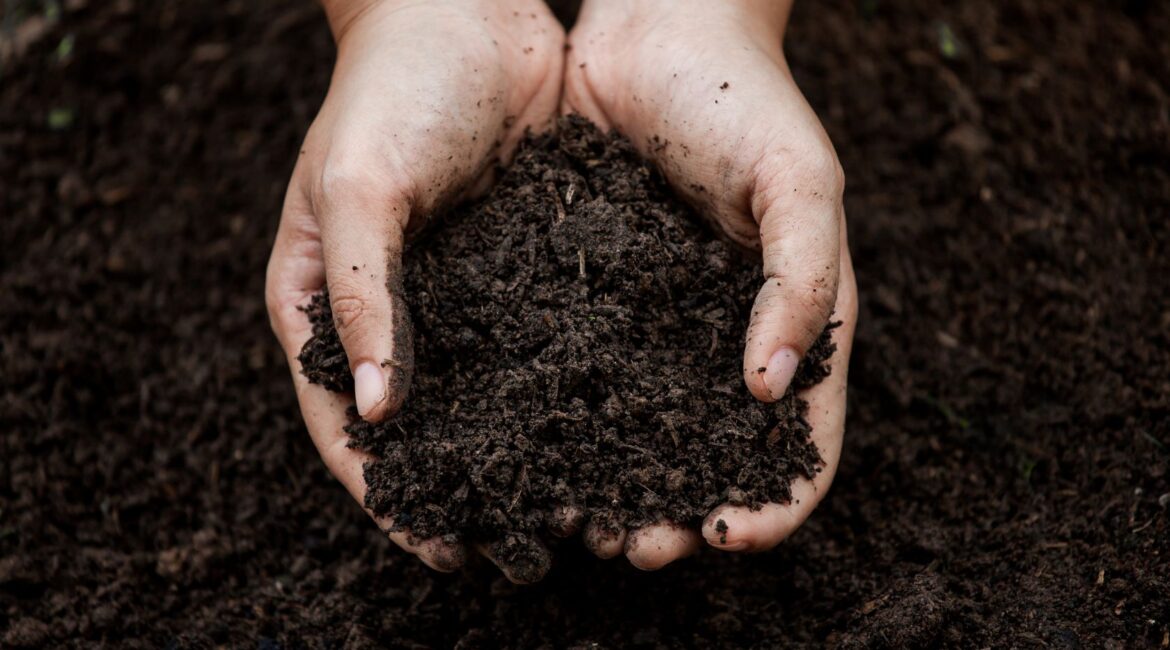Good soil is the foundation of every thriving garden. Maintaining healthy soil in fall is perfect timing for Seattle gardeners. By improving soil health before winter, you set the stage for stronger plants and more productive gardens in spring.
Why Soil Health Matters in Seattle
Seattle’s rainy fall season can leach nutrients from the soil. As a result, gardens often struggle with reduced fertility by spring. In addition, compacted soils from heavy rains limit root growth and drainage. Consequently, maintaining soil health in fall is essential for long-term landscape success.
Steps to Maintaining Soil Health in Fall
- Add Organic Matter
Compost, leaf mulch, and well-aged manure enrich the soil. For example, incorporating these materials improves texture, fertility, and microbial life. Moreover, they help soil hold nutrients through the rainy months. - Test Your Soil
A soil test reveals pH levels and nutrient needs. Therefore, fall is an ideal time to make adjustments. Meanwhile, adding lime or sulfur can balance soil pH before spring planting. - Plant Cover Crops
Cover crops like clover or rye prevent erosion and add organic matter when tilled under. Additionally, they suppress weeds and improve water retention. - Protect Bare Soil
Uncovered soil erodes quickly in Seattle’s wet climate. Thus, use mulch or ground covers to shield it. In fact, even fallen leaves can serve as a protective layer if spread evenly. - Avoid Overworking the Soil
Digging or tilling when the soil is too wet compacts it further. Instead, wait for drier days before making structural changes.
Long-Term Benefits of Fall Soil Care
By prioritizing soil health in autumn, you ensure stronger plant growth the following year. Ultimately, healthy soil supports deeper roots, better water retention, and improved resilience against pests and disease. In the end, these efforts translate into vibrant gardens and more abundant harvests across Seattle landscapes.
The Takeaway
Soil care doesn’t stop after the growing season ends. On the contrary, fall is the most strategic time to prepare for spring success. By adding organic matter, planting cover crops, and protecting bare ground, Seattle gardeners can safeguard their landscapes for the months ahead.


